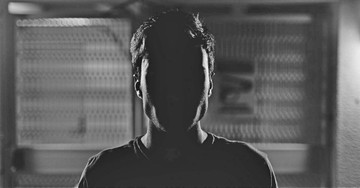
Photo courtesy: Religion News Service
1. What's the case about?
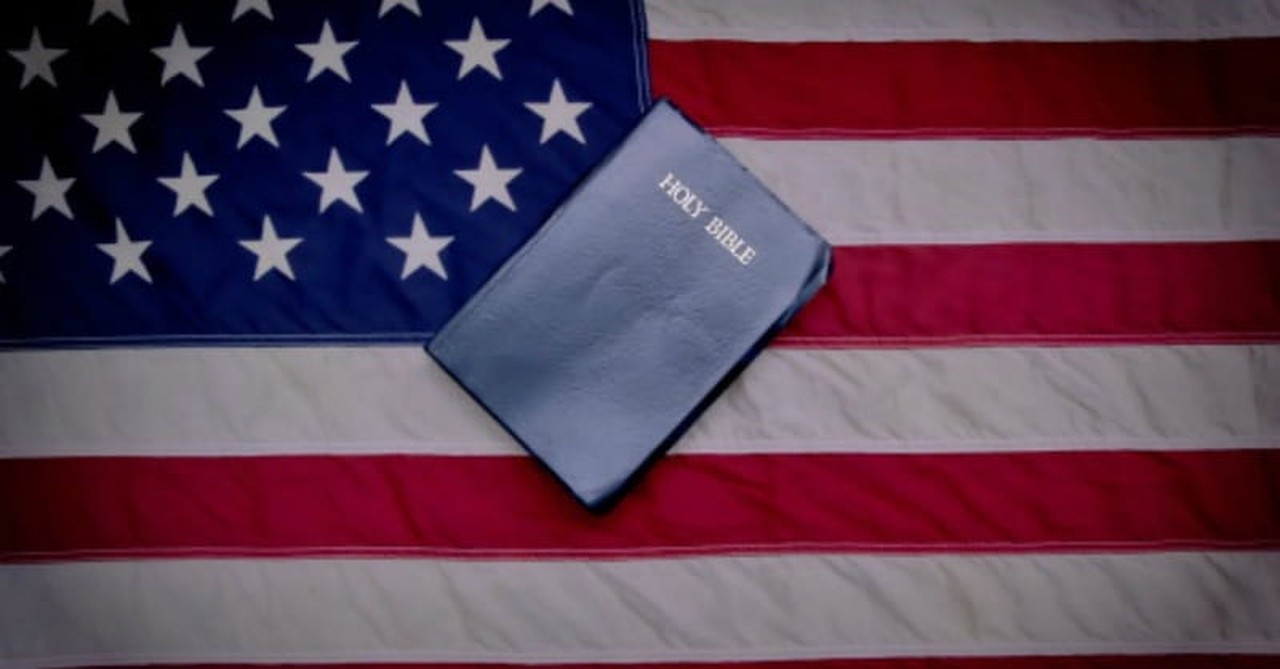
1. What's the case about?
SLIDE 1 OF 4
The case, Trinity Lutheran Church of Columbia v. Comer, involves a religious preschool that was rejected from a state program that provides reimbursement grants to purchase rubberized surface material (tire scraps) for children’s playgrounds. The preschool was ultimately denied the grant for its playground solely because the playground belongs to a religious organization. The church is being defended in the case by Alliance Defending Freedom (ADF).
Trinity Lutheran Church in Columbia, Missouri applied for Missouri’s Scrap Tire Grant Program so that it could provide a safer playground for children who attend its daycare and for neighborhood children who use the playground after hours. The
Scrap Tire Grant Program is otherwise neutrally available to a variety of nonprofits and Trinity’s application was ranked fifth out of 44 applications (in total, 14 grants were awarded).
Although the grant was for a secular use (i.e., making a playground safer), the state of Missouri halted the application process and denied Trinity’s attempt to participate in the program solely because Trinity is a church. The state based this exclusion from theprogram on Article I, § 7, of the Missouri Constitution, which states, “no money shall be taken from the public treasury, directly or indirectly, in aid of any church, sect or denomination of religion.”
The Eighth Circuit affirmed that denial by equating a grant to resurface Trinity’s playground using scrap tire material with funding the devotional training of clergy.
Photo courtesy: ©Thinkstock/ehrlif
2. Why did this case go to the Supreme Court?
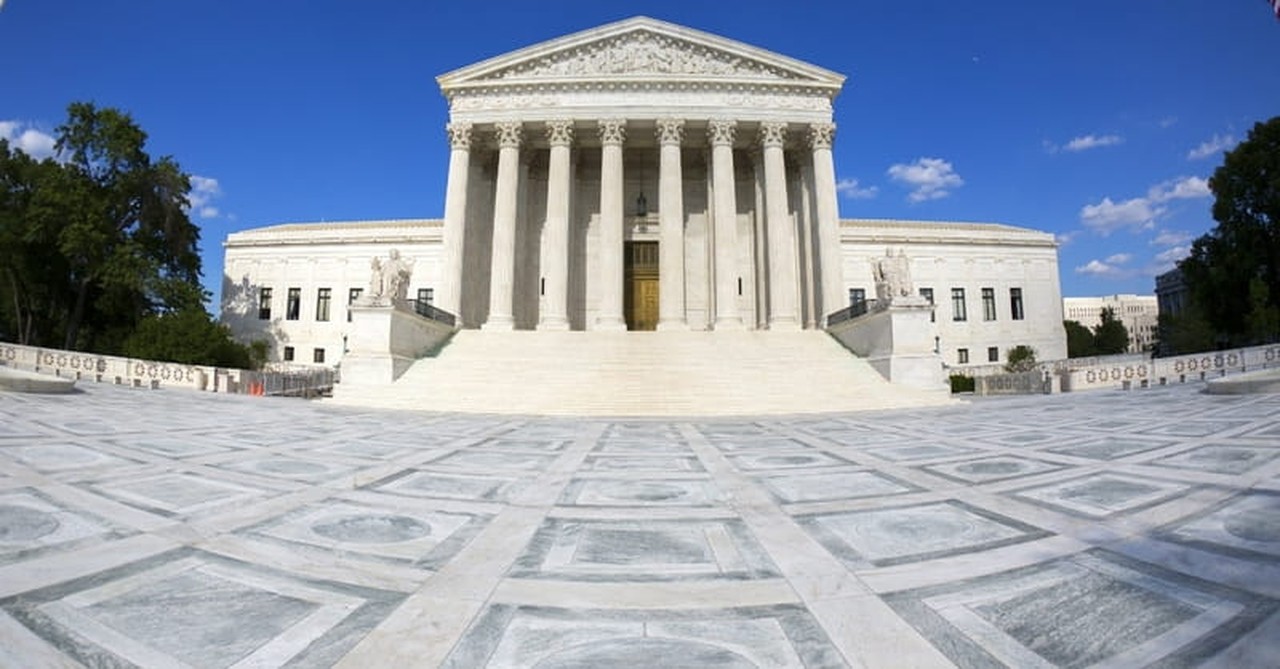
2. Why did this case go to the Supreme Court?
SLIDE 2 OF 4
The Supreme Court often hears cases when there is circuit split (i.e., when different federal courts of appeal have reached different outcomes). According to the case filing, three lower courts—two courts of appeals and one state supreme court—interpreted the relevant Supreme Court precedent (Locke v. Davey) as justifying theexclusion of religion from a neutral aid program where no valid Establishment Clause concern exists. In contrast, two courts of appeals remain faithful to Locke and theunique historical concerns on which it relied.
Photo courtesy: ©Thinkstock/davidevison
3. Why should the Christian school be eligible for the grant?
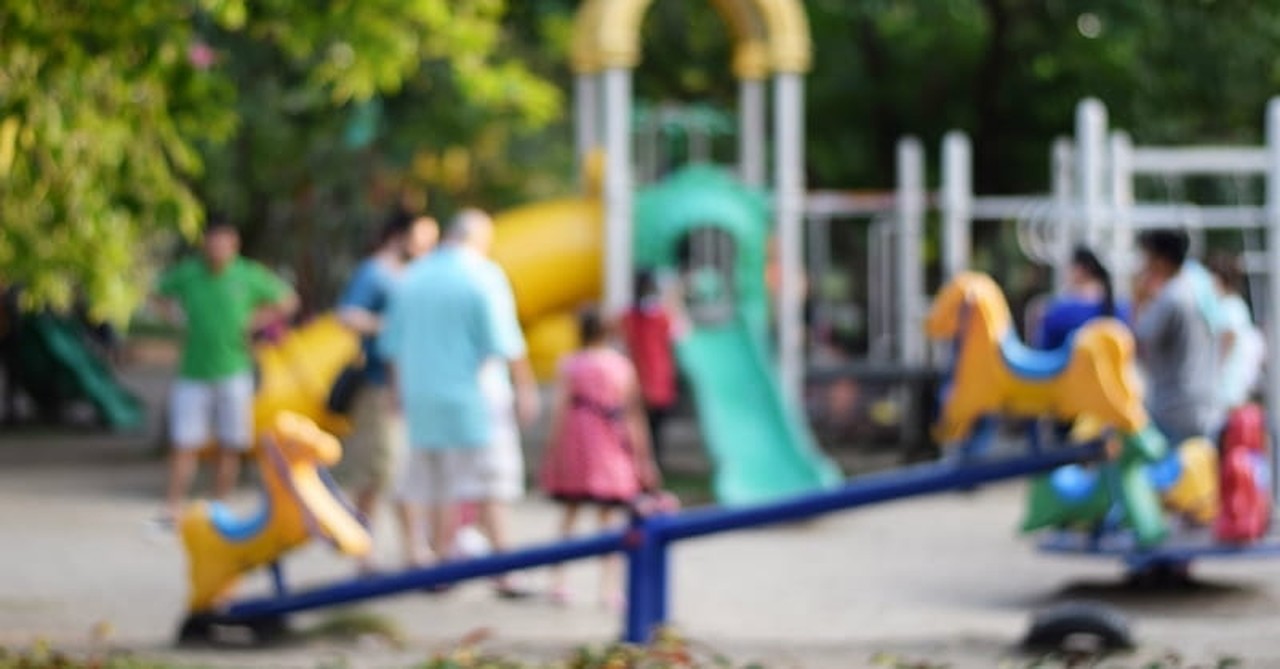
3. Why should the Christian school be eligible for the grant?
SLIDE 3 OF 4
According to ADF, the preschool has an “open gate” playground policy. The playground is open to the community and is frequently used by children in the neighborhood after-hours and on the weekends. Because the use is for the “wholly secular benefit of providing safe play areas for kids,” there is no justification for claiming that the use of the recycled tires to aid a religious purpose.
Every person in Missouri is required to pay a fee on their tire purchases, and these fees fund the grant program. Thus religious believers in the state are expected to “put money into the pool, but the playgrounds at their religious organizations can’t benefit from it.”
The government is constitutionally-required to treat religious organizations equally, notes ADF. The government isn’t being neutral when it discriminates against religious organizations by treating them less-than-equally.
Photo courtesy: ©Thinkstock/champc
4. What are the broader implications of this case?
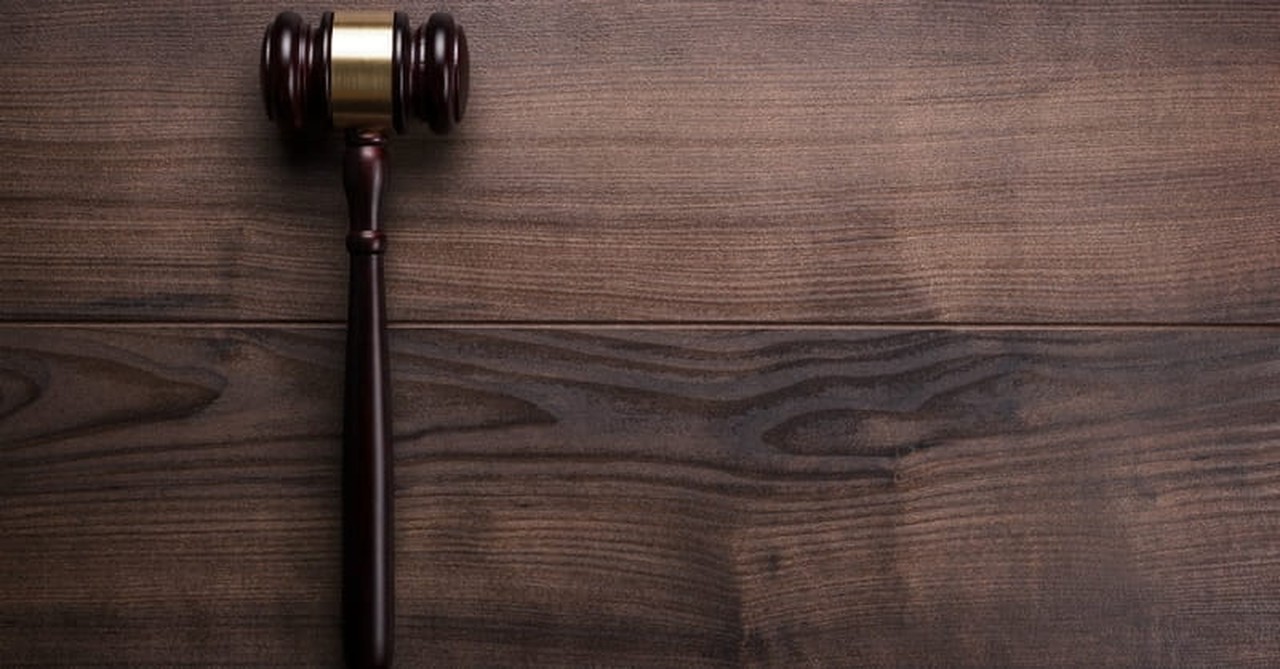
4. What are the broader implications of this case?
SLIDE 4 OF 4
At its core, says ADF, the Trinity Lutheran playground case strikes at the heart of American jurisprudence, asking: What is fair play in a pluralistic society? Can a state prohibit police from responding to a burglary at a Catholic school? Can a city stop thefire department from putting out a fire at a church?
The outcome of the case will determine whether the government can discriminate against religious organizations and exclude them from receiving a generally available public benefit simply because they are religious. A loss could mean that religious nonprofits could be excluded from government programs meant to serve their communities and even be denied basic safety services like fire and police protection, says ADF.
Article adapted with permission from "Supreme Court hears oral arguments in major religious liberty case" published on the website of the Ethics and Religious Liberty Commission.
Publication date: April 20, 2017
Originally published April 20, 2017.

